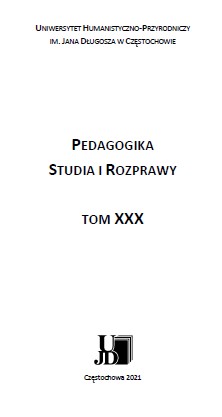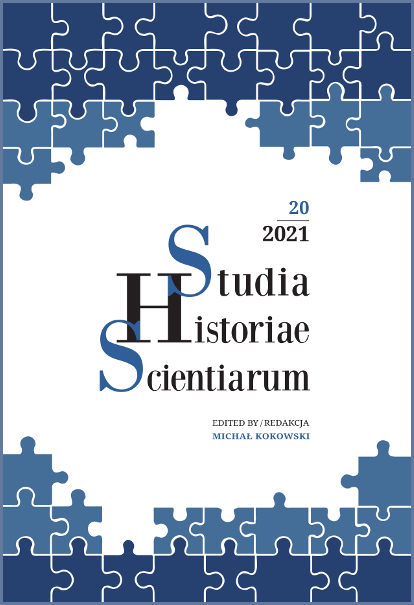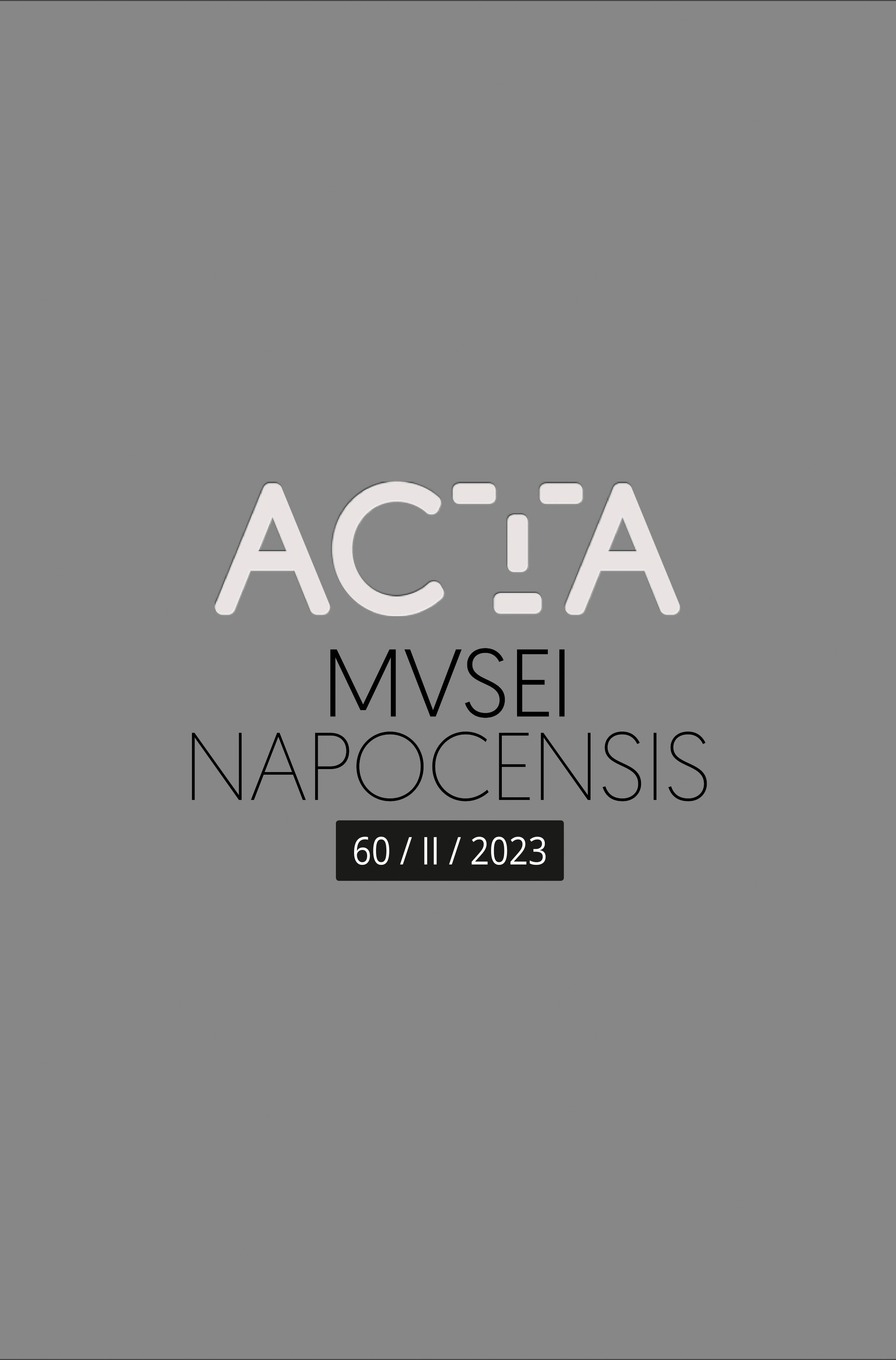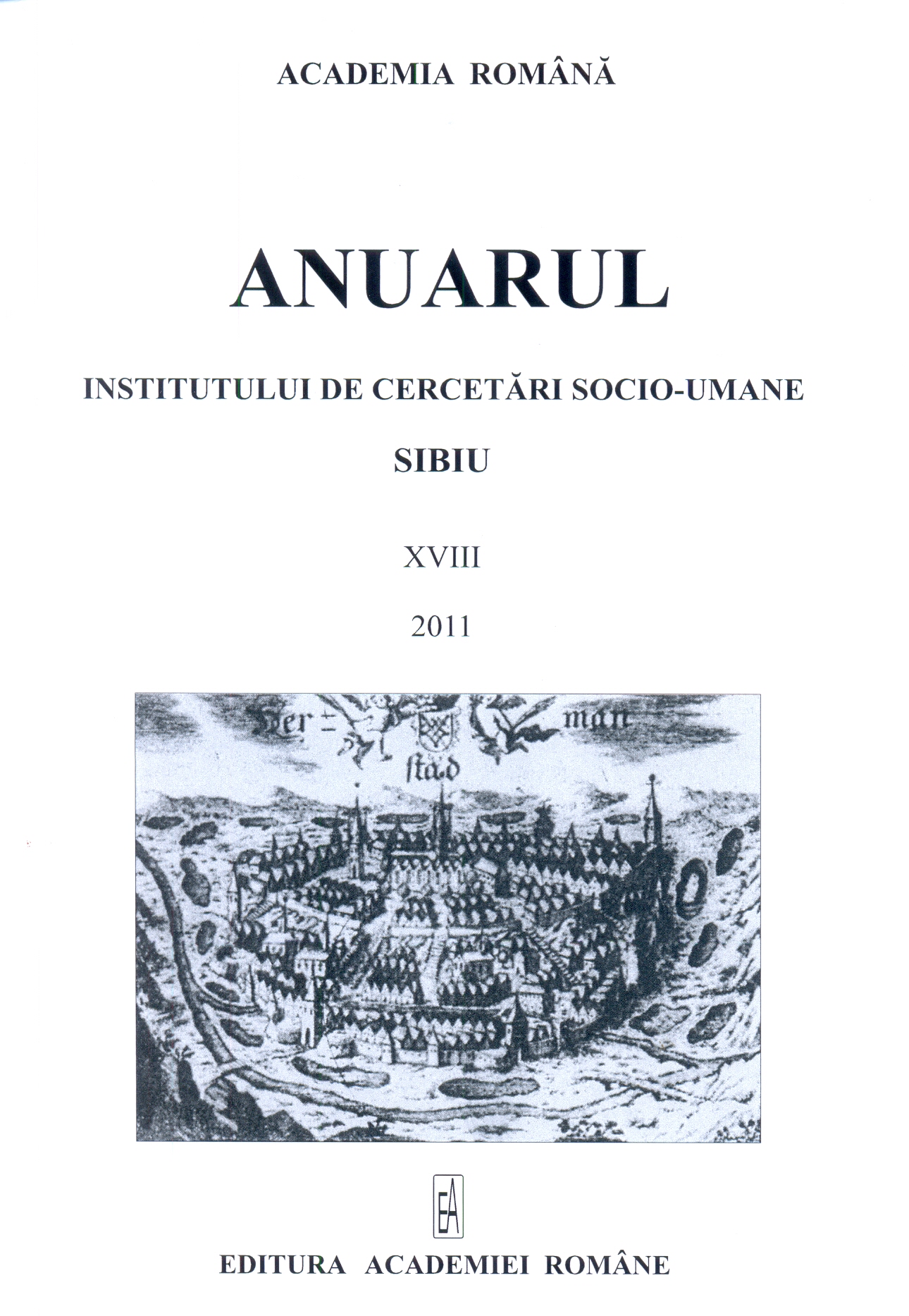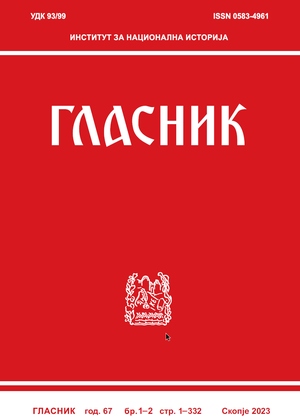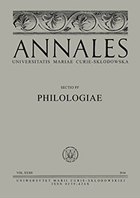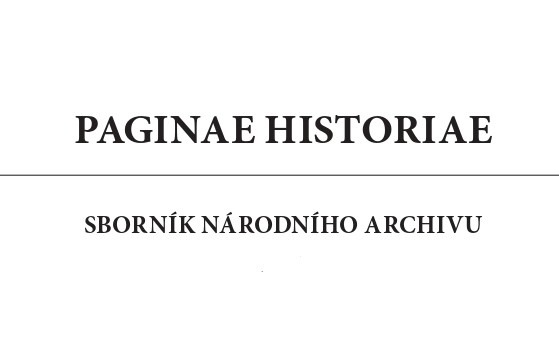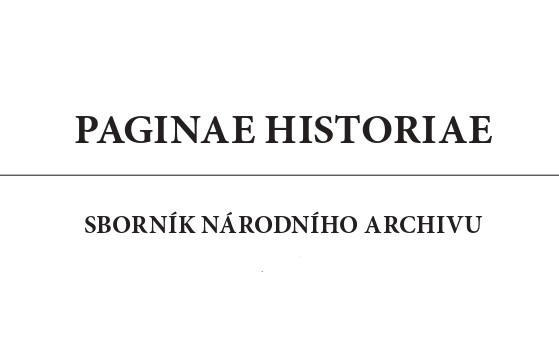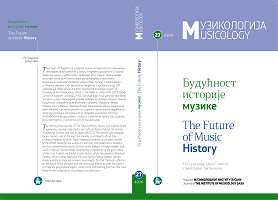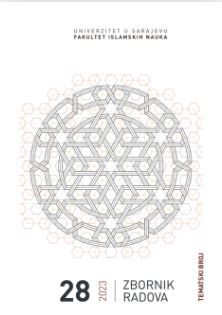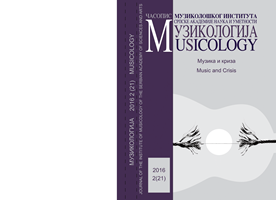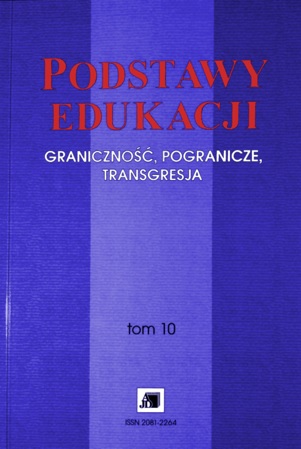
Galicyjskie doświadczenie międzykulturowości (na przykładzie wspomnień szkolnych Żydów z przełomu XIX i XX w.)
This paper deals with relationships between Jewish and non-Jewish students in primary school in Galicia at the turn of 19th and 20th century. Galicia was a frontier area on which various nations, religions and cultures were in touch. The dominating role was that of Poles and Ukrainians, but there were also Armenians, Roms and Germans, and Jews constituted an important element of the peculiar cultural mosaic on these lands. At the end of 19th century, young Jews entered primary schools, at which they shared classrooms with their Christian peers. Primary school became a platform of closer contacts, exchange and confrontation of diverse cultures and religions. For Jewish children, attending it resulted in the process of acculturation, and also that of assimilation. This paper is based upon the memoirs and recollections of Jews, and also Poles, attending primary schools or middle schools in Galicia.
More...
